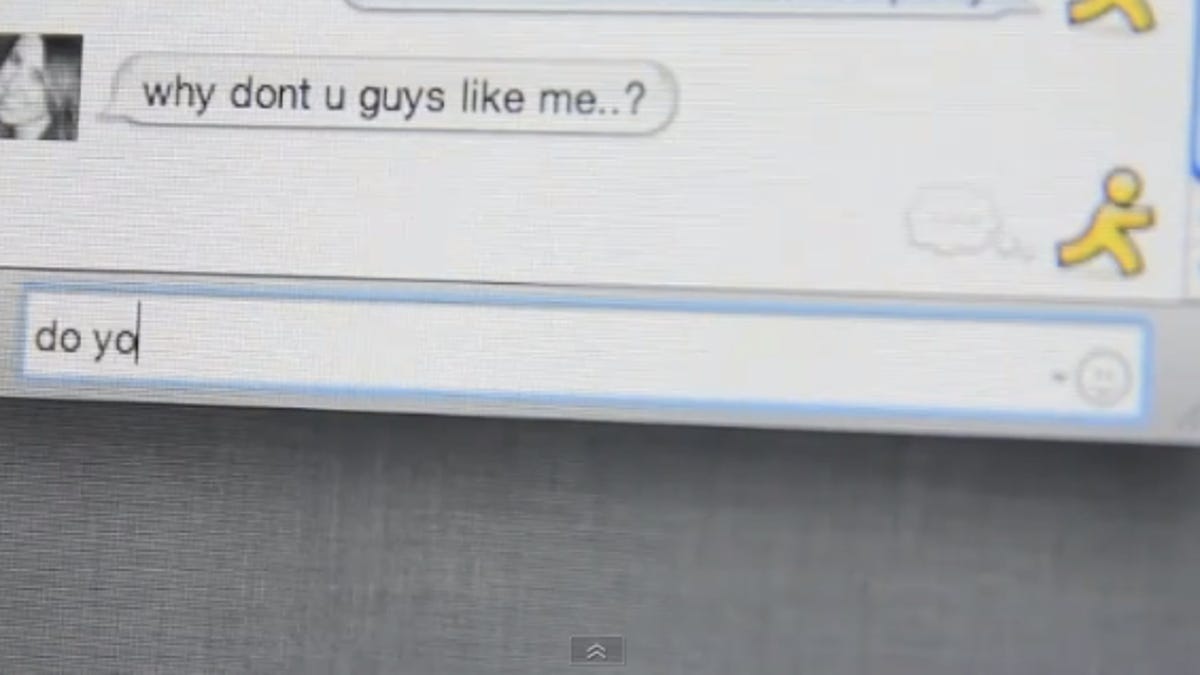Are you being cyberbullied at work?
A study shows that it isn't just kids who suffer cyberbullying. It's anyone who works. Some 80 percent claim to have suffered within the last six months.

Humans are sometimes little more than vermin with sophisticated vocal cords.
Meanness and venality flow from them like mucous on a wet, windy day.
And yet, when it comes to cyberbullying, the focus has always been on kids and teens, supposedly underdeveloped members of the species.
However, a team of English researchers thought they might check to see if adults at work partook of this behavior. And lo, did they find a new low.
For they discovered that a pained 80 percent claimed they had experienced some form of online meanness within the previous six months.
I am grateful to Discovery News for bullying this information before my eyes and making me see that I am not alone in my online pain.
The researchers, from two British universities, found that work cyberbullying occurred at around the same rate as that in high school. Yes, 14 percent to 20 percent of people felt they'd experienced it at least once a week.
This is surely unsurprising. No one talks to each other in offices any more. The wise and the modern even IM people who are seated 3 feet away.
In any case, it's also been my own experience that corporate life -- especially in its upper echelons -- is little more than "Mean Girls" played by adult actors.
The principles are the same: Who likes whom. Who thinks who is pretty. Who wants to replace whom at the head of some little tribe or other.
One need only look at this week's moving of discordant chairs at Apple to see that one of the primary reasons for the ouster of Scott Forstall is that others thought he was, well, a mean girl. They just didn't like him. So there.
There is talk that executives such as Jony Ive refused to sit in the same room with him. Would it be any surprise to anyone that the occasional unflattering e-mail might have flown with a few bcc's attached?
These researchers suggested that online bulllying at work isn't quite as painful -- for witnesses, at least -- than the real world kind. The effect of this is, allegedly, that people are less inclined to tell others about it.
Or could it be that people are less inclined to reveal the nastiness because they have their own little corporate games to play and they are busily trying to work out whether a revelation will be to their advantage?

